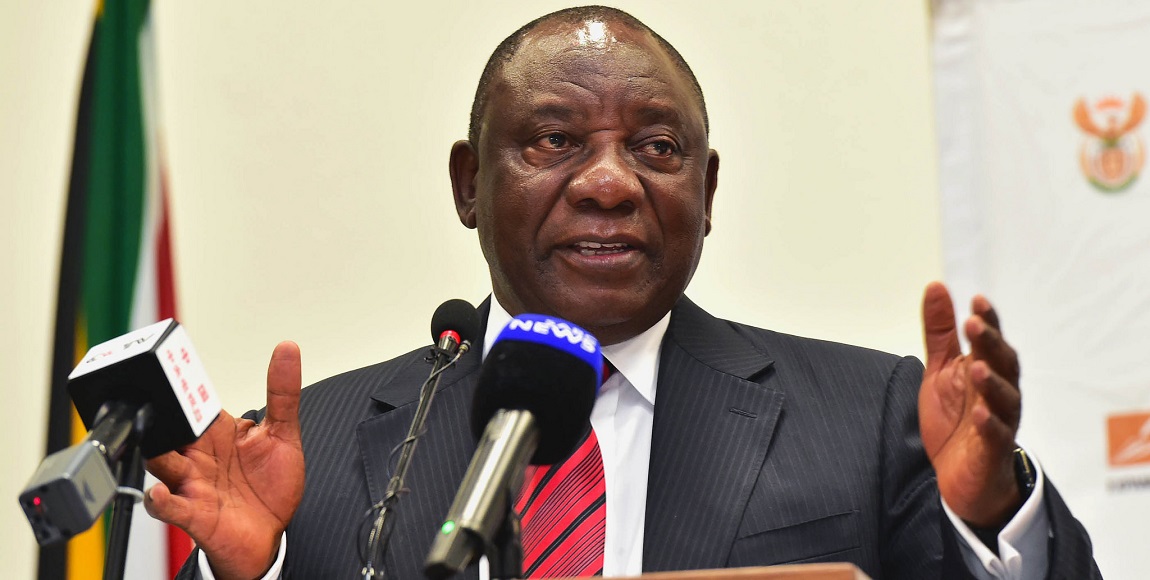Cyril Ramaphosa’s first cabinet reshuffle has been criticised for its lack of diversity and the inclusion of failed cabinet ministers. We spoke to Tasneem Essop, a political researcher at Wits University’s Society, Work and Development Institute (SWOP), about the reshuffle and what it means for the ANC pre-2019 elections.
The decision to retain certain members of the cabinet, like Bathabile Dlamini who was the minister for social development when the social grants crisis happened, was an attempt to balance the need for change and unify the ANC, Essop said.
“It’s a cabinet that’s catering to the different factions [and] constituencies within the ANC. So oddly, someone like Gigaba, for example, is seen as representative [of] younger members of cabinet, and the removal of both him and Mbalula would have meant trying to bring in a new younger person,†she said.
The inclusion of Dr Nkosazana Dlamini-Zuma, who is now a minister in the presidency, is a positive for the ANC, Essop said. “The reason this is is because staight politics in the ANC have led to a kind of winner takes all mentality during the Zuma period and that has been dangerous for stability of the ANC as an organization. So the inclusion of Dlamini-Zuma is a good way to show a shift in this scene – so away from the kind of straight politics where everyone from one faction fills cabinet and no one else gets any space,†she said.
Dlamini-Zuma was a rival of Ramaphosa’s for the ANC top spot, but narrowly lost out in December 2017 at the party’s 54th national conference.
Essop said the appointment of former Mpumalanga premier and now ANC deputy president David Mabuza has been a disappointment for some as there was an expectancy of a woman to be deputy president of the republic.
[EXCLUSIVE] eNCA’s @AnnikaLarsen1 speaks to President Ramaphosa about his #CabinetReshuffle just a few minutes ago. Catch more of the discussion on #DStv403 and https://t.co/srSwp4H5Hm pic.twitter.com/ofpRav4eZ4
— eNCA (@eNCA) February 27, 2018
In an interview with eNCA on Tuesday morning, 27 February, Ramaphosa said the new cabinet was a ‘transitional cabinet’, which will take him forward to the 2019 elections. Essop said this was unfair to the public as the ANC had not changed in anyway with this cabinet.
“The ANC’s doing politics how the ANC does politics, so I would ask, firstly, why the rush to do all of this? If this is a phase of transition, [and] nothing much is really changing, then why did he create the kind of expectation that he did already. I think it’s unfair to the public,†she said.
Essop said the ANC would not change the way they did politics because of Ramaphosa. “The way that the ANC does politics is unlikely to change so needing to appease factions, needing to put people, needing to deploy in specific ways, those patterns of deployment are entrenched in the ANC and are unlikely to change,†she said.
Essop added that while Ramaphosa might have a bit more breathing room come next year if the ANC wins the national elections, he still won’t be able to shift and he probably won’t get away from patterns of deployment in the ANC.









